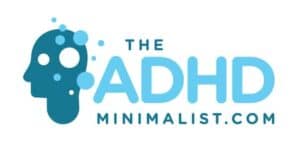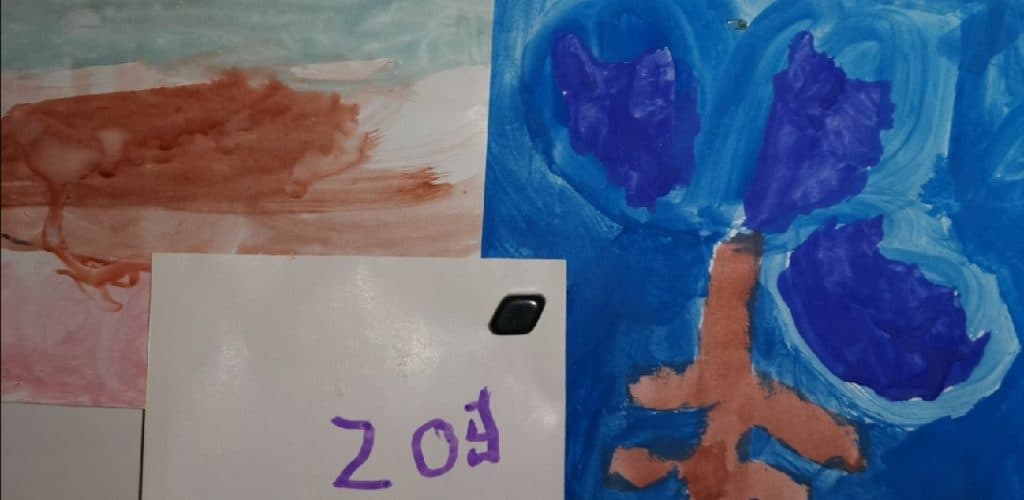
I am dyslexic and two of my three children have been diagnosed with dyslexia. I am grateful for all the new electronics that did not exist when I was in school.
To be able to throw out my three-inch-thick dictionary (which was hard to use because I don’t think in alphabetical order) and use my phone instead has been a huge help.
I am hopeful that with all the technology available my kids can enjoy the benefits of dyslexia without experiencing all of the struggles.

Those with Dyslexia have the most imaginative imagination
I have always had a very active imagination. As a child, I would entertain myself for hours in the car or when I couldn’t sleep at night making up stories.
The characters in my stories became my friends and in the sixth grade, I began setting my alarm clock for 5:00 in the morning to spend time with them before school.
I would make up stories about what they would do that day until It was time to get ready for school.
My mom often read to me when I was young.

I couldn’t read without getting frustrated or stuck, and I think she enjoyed reading for my brother and me as much as we enjoyed hearing her read.
When mom finished reading a series of books for me, I would borrow the characters and make stories about what happened next.
My son and daughter are very imaginative. My daughter recently had the school assignment to write a fantasy story. She came up with many different worlds accessed through a portal in the basement! She never saw Stargate SG1 or other similar series.
She spoke to the computer and had help writing, but she managed to communicate how things felt and go into lots of detail. This gave me a unique glimpse into what was going on in that beautiful head of hers.
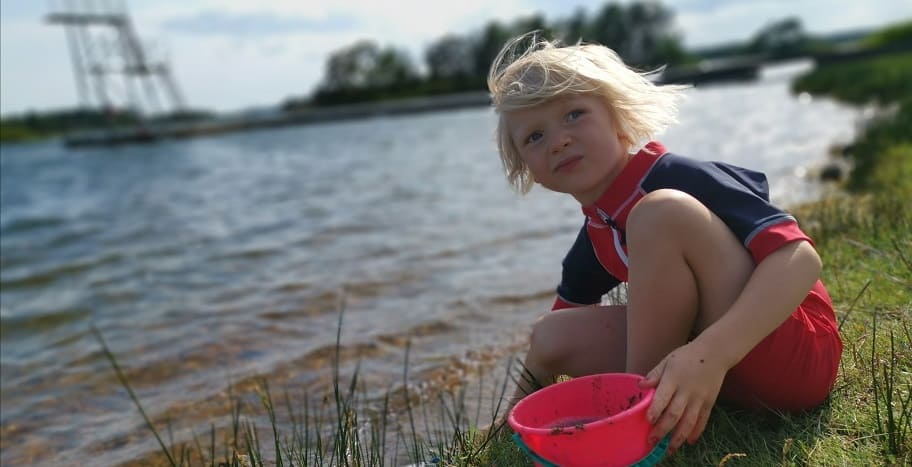
Kids with Dyslexia are naturally curious
Both of my children like to know how things work. My son especially likes to unscrew everything from old computers to our PlayStation.
He made me nervous when he said he was going to unscrew our PlayStation and clean the inside, but he put it all back together correctly and it works great.
My children often feel the need to touch things to see how they feel, and I get peppered with many questions.

Those with Dyslexia are good at using all their senses
My children and I seem to have sharp hearing (except when daydreaming or when I ask them to clean their rooms).
This can be a fun gift when we are listening to birds sing or the river by our house gurgles, but at times we get out our ear protectors to shut out all the noise around us and have some silence.
Noticing everything in their immediate environment is easy for my children.
They seem to see everything. Often they point out things they see from the car window that my husband and I missed. Noticing details is a gift appreciated in many vocations.
I have a keen sense of smell. Many of my memories include either good or bad smells.
To this day there are some perfumes that I associate with bad memories. I have a hard time being in the same room with people who wear these particular fragrances.
On the flip side, there are a lot of good memories associated with the sense of smell. Every time I smell baking cookies I remember my grandma. She would serve us cookies and say,
‘‘Take a cookie they are good for you they have raisins in them!’’ This always makes me laugh.
My children and I like to touch things. It’s not enough to imagine a soft blanket or how rough the tree bark feels. We have to touch it.
Often my kids accuse me of trying to poison them when I ask them to try new foods! Some dishes they say taste so terrible they feel like they are being poisoned.
Some foods have an acquired taste like cookies with cardamom or how some people think cilantro tastes like soap. A keen sense of taste can be useful in the kitchen. My kids like to experiment and make new recipes.
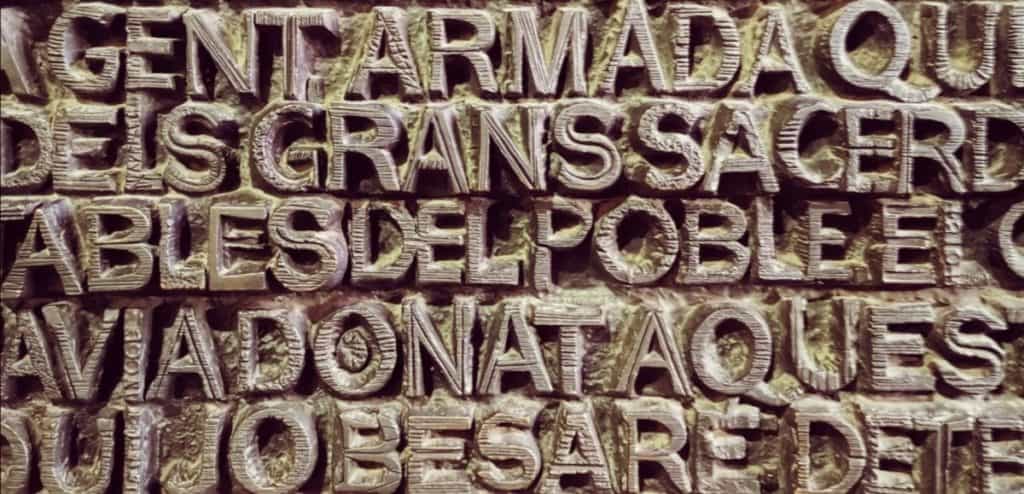
Those who have Dyslexia find it easy to see patterns
My daughter can tell me the same thing has been happening over and over again. Usually, there is something that triggers this.
She may notice that every time she pulls on the door in a certain way the handle falls off, or if she tells her little sister not to do something she always does the opposite.
It’s often easier for those who have dyslexia to notice similarities and see the connection between things.

Dyxlexic people have great intuition
Often when I have a gut feeling that we should not do something or should not buy something it’s usually right.
This took me a while to learn. When I was newly married I kept silent when my husband asked me what I thought about some big purchases and I regretted it later.
My biggest mistake was when I let my husband buy a car that I didn’t feel good about.
We spent more money fixing the car than we paid for it, and it was not a cheap car! This was an expensive lesson for me, but it taught me to trust my intuition.
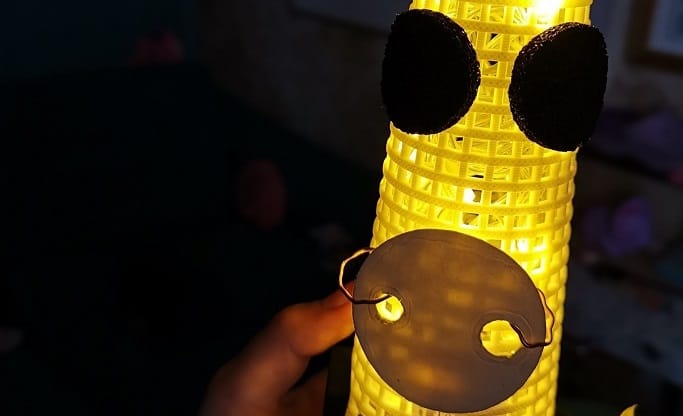
Those with Dyslexia are extremely creative people
My children have always been extremely creative. I always thought I was creative myself (and I still do), but sometimes my kids surprise me with their ability to think ‘out of the box’ and use everyday things in ways I had not considered.
like the overlock thread roll lamp above.
One day I found my girls using glitter hot glue sticks to build houses. They just glued the glitter glue sticks together with regular hot glue.
When stuff like this happens I often have to bite my tongue and remember it’s better to encourage them in their creativity than to remind them, that’s not what glue sticks are for.

The boundaries between what is reality and what is thought are often not crystal clear for those with Dyslexia.
How do you explain to a teacher that you did not do your homework because you thought you did it?
One day when I was in Junior High I planned to do my homework at a certain time. I even set an alarm so I would remember to get it done.
Something happened (I don’t remember what) and I was not able to do my homework at the time planned, but the next morning I was 100% sure that I had done my homework!
I got up and got ready for school, but when it was time to hand in my homework, to my horror, I found I had not written a single thing on my paper!
Because I had planned so meticulously how I was going to do my homework I thought I had done it.
It can be hard for those who have dyslexia to distinguish what they have been thinking from what is real.
They sometimes believe what they were thinking is actually reality.
This can be an enormous help if you work in creative fields where you need to be part of the story to tell it well.
Authors, Filmmakers, animation designers, bloggers, and YouTubers, are a few examples of jobs that need that little extra to take an ordinary story and make it go viral.
If you have this particular characteristic consider a job in one of these creative fields.

Dyslexic people often see things differently than others
Seeing things from their own unique angle is a dyslexic gift.
This may be due to the fact that all five senses are often used simultaneously.
If you ask a group of people, among whom a few are dyslexic, to describe an object those with dyslexia will often give more details or describe an aspect of the object that the others did not think of.

Those with Dyslexia are often able to go with the flow and accept change.
My son and I are a bit rigid, but we do not have extreme cases of dyslexia.
My daughter who struggles with dyslexia more than the rest of us is quite flexible.
She can often change plans and go with the flow.

Dyslexic people can shift easily from seeing the big picture to seeing the details and vise versa.
Even though my children can see the details, they don’t get caught up with them to the extent that it ruins the big picture.
They are often able to shift quite naturally between the details of a project and the big picture they have in mind.
They can see what the most important aspect of their project is and not get caught up in unimportant details.
I usually see this at work when they have thought up and initiated a project themselves.

Many do not know that those with Dyslexia can have superb concentration and be hyper-focused
Much like ADD or ADHD those with dyslexia can kick it up a notch and be hyper-focused when they are interested in what they are doing.
My ten-year-old daughter has been known to sit for two to three hours at a time and do 3D puzzles.
The fact that she thinks puzzles are fun allows her to kick into hyperfocus.
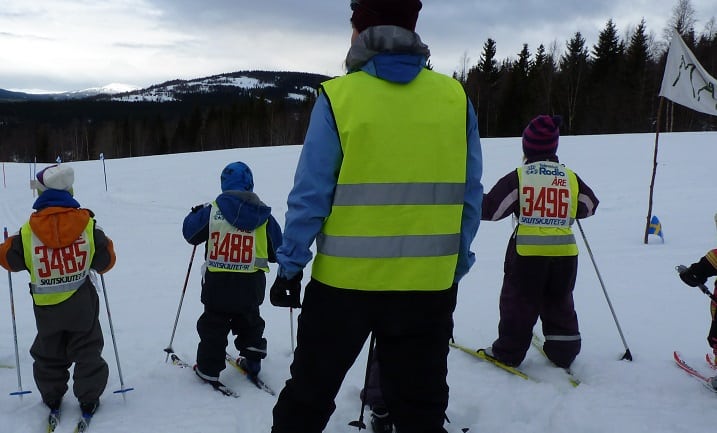
Those with Dyslexia can be extremely persistent and driven to accomplish their goals.
When the goal originates in the person himself and it’s not forced on him often their extra persistence kicks in.
If you have dyslexia and have an interesting and flexible job, which allows you to decide on some of your own projects and set your own goals, this will set you up to be extra persistent and focused at work.
Those who get this combo right often do brilliant work that amazes the rest of us.
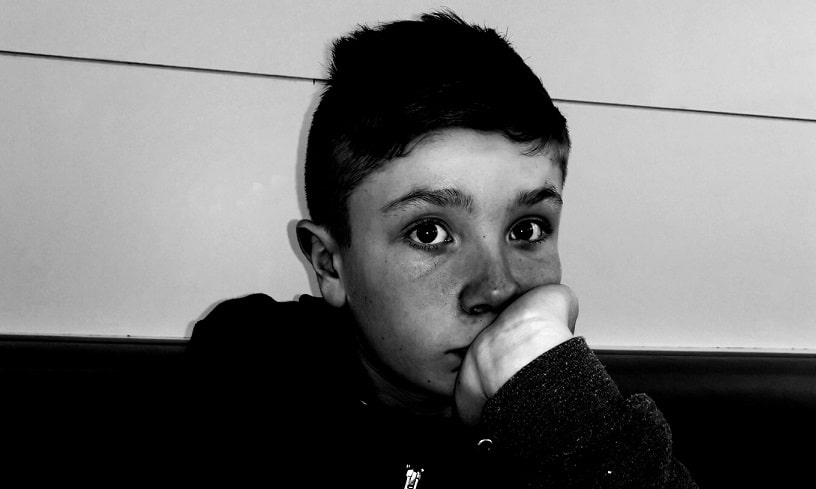
Those with Dyslexia are able to have multiple thought processes going simultaneously.
Have you ever wondered why some people seem to be so good at multitasking?
Maybe you should ask them if they are dyslexic.
I can often juggle several things at once.
I can cook dinner, book a doctor’s appointment online, and talk on the phone to someone at work, all at the same time,
but if my youngest starts pulling on my arm and talking in my ear I can no longer multitask. Even if we can keep up several trains of thought or several activities at once we all have a limit on how many things we can do at one time.
Those who have dyslexia often multitask naturally.

It’s been found that kids with Dyslexia don’t easily succumb to peer pressure
I liked sticking out and doing my own thing in high school.
I bought a lot of retro clothes at second-hand stores which I wore proudly even though they were not at all in style. I even painted my old junky car a rainbow of different colors!
My kids do not care about what others think. Sometimes when they put me in awkward situations I wish they would care more about what others thought.
But, I am glad they won’t easily be persuaded by friends to do something they know they shouldn’t.

Those with Dyslexia often have 3D Thinking
When I feel the need to rearrange the furniture I usually arrange it in my mind first.
I see the room as 3D and try putting different pieces of furniture in different places until I am satisfied. Then I try moving the actual furniture.
It’s a similar process when I work with making patterns for my sewing projects.
If I am trying to solve a problem, like when my daughter’s neck was always cold when we skied and I wanted to design a new collar for her snowsuit, I first try putting different pattern pieces and shapes together in my mind. When I think I have the right form I start drawing.
Those who have dyslexia often think about things in their spatial context.

Dyslexic individuals are extremely aware of the environment around them.
When they are in an environment that suits them it’s easy for them to concentrate and relax.
This may mean that your child who has dyslexia needs his/her room to be a certain way. Listen to your kids. After they turn seven or eight they usually know when they feel best and in what environment they can do their best work.
My son initiated a huge overhaul of his room around the age of 10 because he felt there was too much clutter in his environment.

Not everyone with dyslexia has all of these characteristics, but often they have several of them.
If you or your child have dyslexia try focusing on developing your superpowers.
Many problems my generation had with dyslexia are solved by technology, so we can help the next generation get a head start by focusing on what they are extra good at, not on what they have trouble with.
If you have questions or comments please contact me at annieeklov@theadhdminimalist.com.
If you have kids with dyslexia check out our posts on Games for kids with Dyslexia and ADHD. Pick your age group and click.
10 Games 3-6 year olds, with ADHD and Dyslexia, can play!
15 Awesome Games for 5-7 year olds, with ADHD and Dyslexia!
20 Amazing Games for 7-10 year olds with ADHD/ADD and Dyslexia!
15 Super Games for 10-99-Year-Olds with ADHD/ADD and Dyslexia
For more information and reading tips
